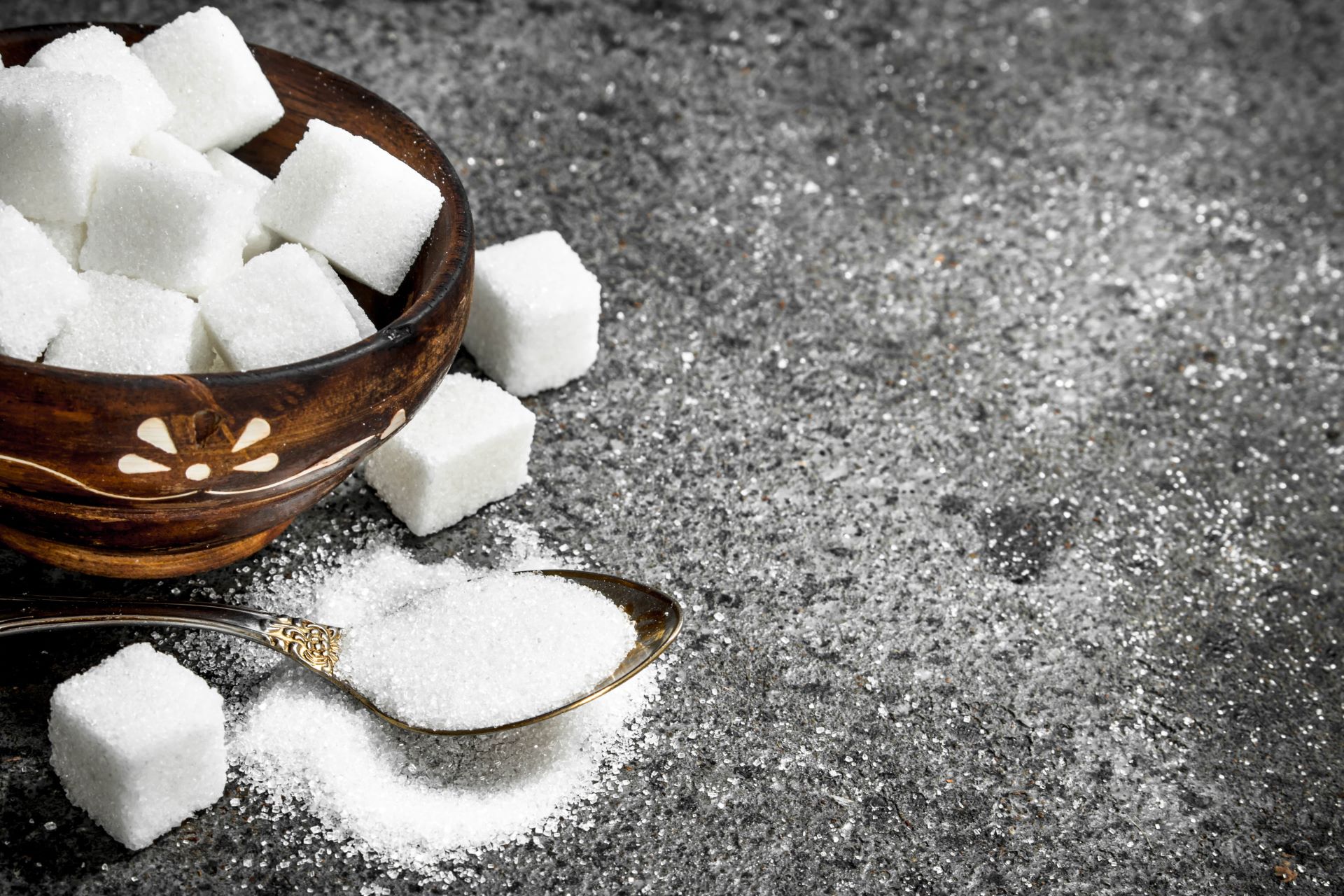Most people begin counting calories when they work out or jog around a subdivision in Cavite as they start to become more disciplined about their eating habits and become more health conscious. Some people were able to reduce the number of meals they typically ate, while others discovered healthier alternatives.
Sugar comes in many forms such as brown sugar, cane sugar, sucrose, or table sugar. Since sugar greatly affects weight gain, skin, and most importantly anyone’s health, many people concentrate particularly on finding alternative sweeteners for their meals or snacks to avoid wasting their hard work and effort in working out. And there are numerous health benefits when it comes to lessening your daily sugar intake.
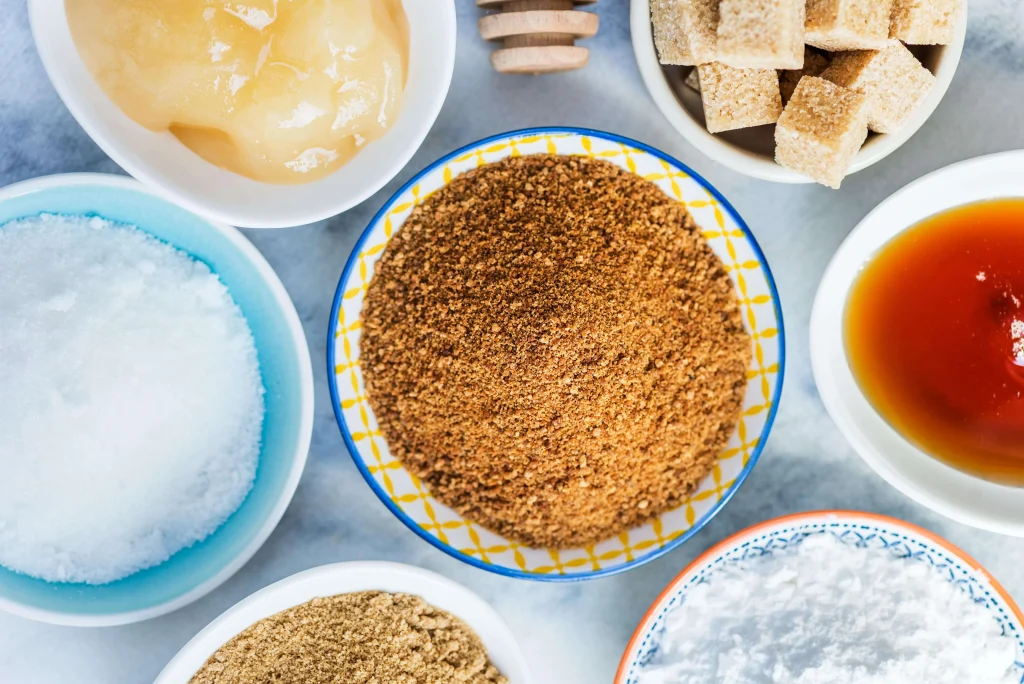
Aside from the fact that it may help individuals spend less money on choosing healthy options, this situation also appears to be extremely relevant given the country’s current sugar scarcity, which has a significant impact on sari-sari stores, supermarkets, public markets, and the like.
As the supply of soft drinks becomes insufficient, CNN Philippines (2022) reports that the country’s sugar crisis has begun to have an impact on sari-sari stores and carinderia owners’ sales. This was announced on Thursday (August 18, 2022) by the Philippine Association of Stores and Carinderia Owners, Inc. (PASCO). Additionally, PASCO stated that the sugar shortage is endangering their full recovery, despite this year’s operations showing signs of improvement amid weaker COVID-19 limitations.
Moreover, despite the fact that health-conscious people have started to control what they consume, there will definitely be days when sweets are difficult to resist, especially when cravings are intense. Thus, in order to save money and lead a better lifestyle, this article will provide a list of alternative sweeteners for meals for anyone who wants to avoid sweets or just in general, would rather find a substitute for them.
Sugar is part of our daily lives with the availability of powdered drink mixes, sugary foods, soft drinks, and snacks with food additives. In light of this, here are some artificial sweeteners and other sugar substitutes you can use in your daily meals.
Fruits
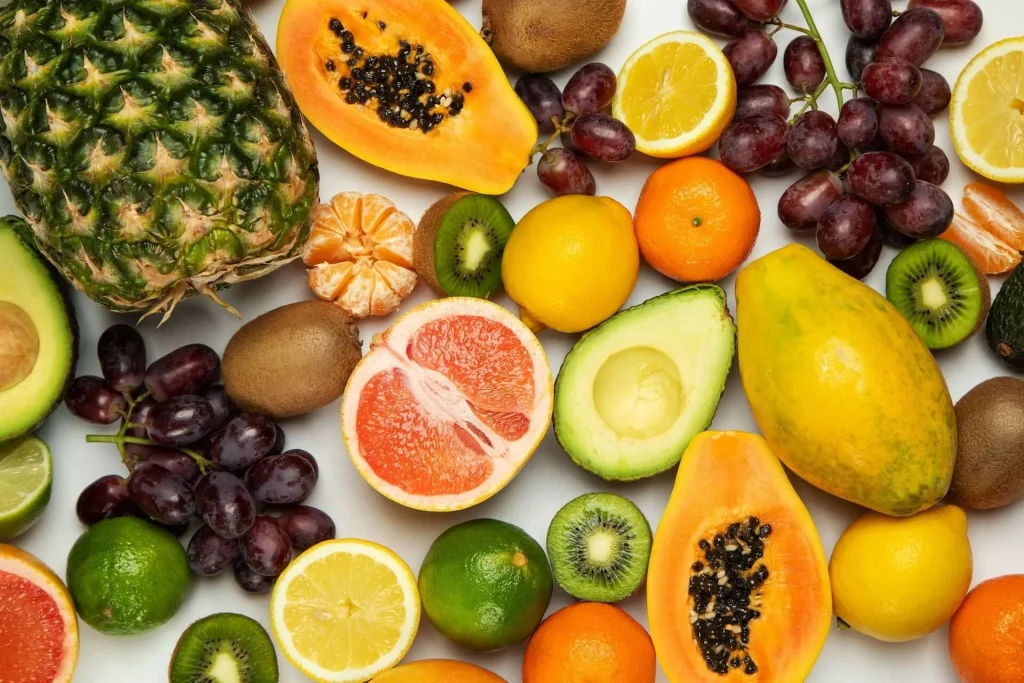
Fruits are a type of food that residents may easily locate and purchase at any food vendor, even inside their own subdivision in Cavite. Even though fruit consists of some natural sugar, it is still a healthy choice. Whole fruits are filled with nutrients such as vitamins and fiber. Yet, it’s vital to simply avoid consuming too many fruit liquids and dried fruits. Mangoes and watermelons are examples of fruits with high sugar content. Nevertheless, fruit often has less sugar than items that have been sweetened.
Nearly everyone, including those who have diabetes, has an advantage from consuming more fruit. This is because it contains a variety of nutrients, including vitamins, minerals, fiber, phytochemicals, and water. Therefore, if losing weight is the aim, some studies indicate that increasing fiber intake may limit cravings and encourage weight reduction.
Additionally, as per E Times (2017), fruits are best consumed in the morning after drinking a glass of water, considering that it is not a good idea to consume fruits shortly after a meal since they might not be digested properly and it is also possible that the nutrients won’t be absorbed adequately.
Stevia
Stevia is a sugar substitute made from the Stevia rebaudiana plant’s leaves, which is now widely used as a sugar alternative in food manufacturing and home cooking. They taste sweet because of the steviol glycoside molecules, which are 250–300 times sweeter than regular sugar. Stevia leaves are used to make liquid or powdered extract that is substantially sweeter than sugar, and it has almost no calories, carbs, or minerals present in the extract. And since it has no calories, substituting it for normal sugar, which has roughly 45 calories per tablespoon, may help people lose weight.
Furthermore, other studies suggest that stevia may reduce heart disease risk factors and help control weight and blood sugar levels. However, it is a strong sweetener and it might still be harmful to someone’s health. As a result, it’s generally advised to minimize the intake of added sugar.
Aspartame
A commonly known low-calorie sugar alternative known aspartame is 200 times sweeter than regular sugar. Around the world, it can be found in countless processed foods and beverages, including chewing gum, dessert mixes, frozen desserts, yogurt, puddings, fillings, tabletop sweeteners, and some medications like vitamins and sugar-free cough drops. Despite all of these benefits, aspartame still shouldn’t be used in place of sugar for baking as it loses its sweetness when heated.
Dates
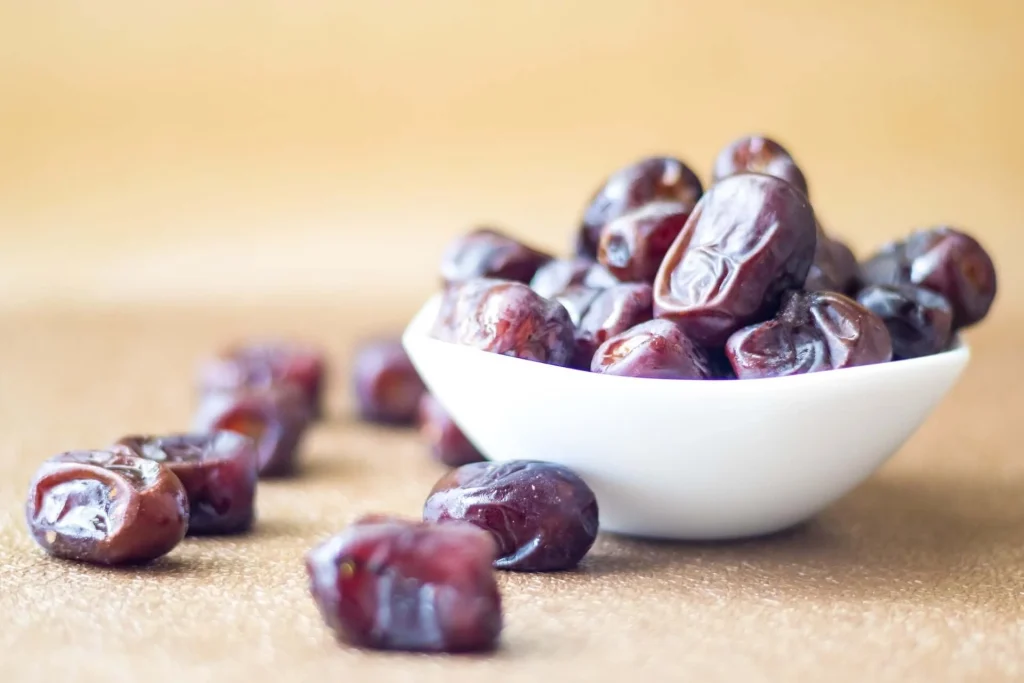
The sweet, juicy fruits of the date palm tree are called dates. Most of the time, they are offered as dried fruit and can be eaten alone in a subdivision in Cavite or in smoothies, energy bars, desserts like cakes and cookies, and other delicacies. These sweet, chewy fruits are also a great substitute for refined sugar and have a number of health advantages. Dates are a good source of minerals such as fiber, potassium, magnesium, manganese, vitamin B6, carotenoid antioxidants, and polyphenols — in contrast to refined sugar and many other sweeteners. Dates have a lot of calories and natural sugars, though studies show that, even in diabetics, they don’t greatly affect blood sugar levels the way table sugar does.
Sugar Alcohols
In spite of their name, sugar alcohols are neither sugar nor alcohol. Polyols sometimes referred to as sugar alcohols, are a form of carbohydrate that can be produced as well as found naturally in fruits and vegetables. They obtain this name because they share molecular similarities with both sugar and alcohol. Sugar alcohol is also present in a variety of processed foods, including ice cream, puddings, baked goods, hard candies, and chocolates. Additionally, they are present in chewing gum, mouthwash, and toothpaste. However since sugar alcohols are not fermented by the bacteria in anyone’s mouth, they do not promote tooth decay in the same way that normal sugar does.
Honey
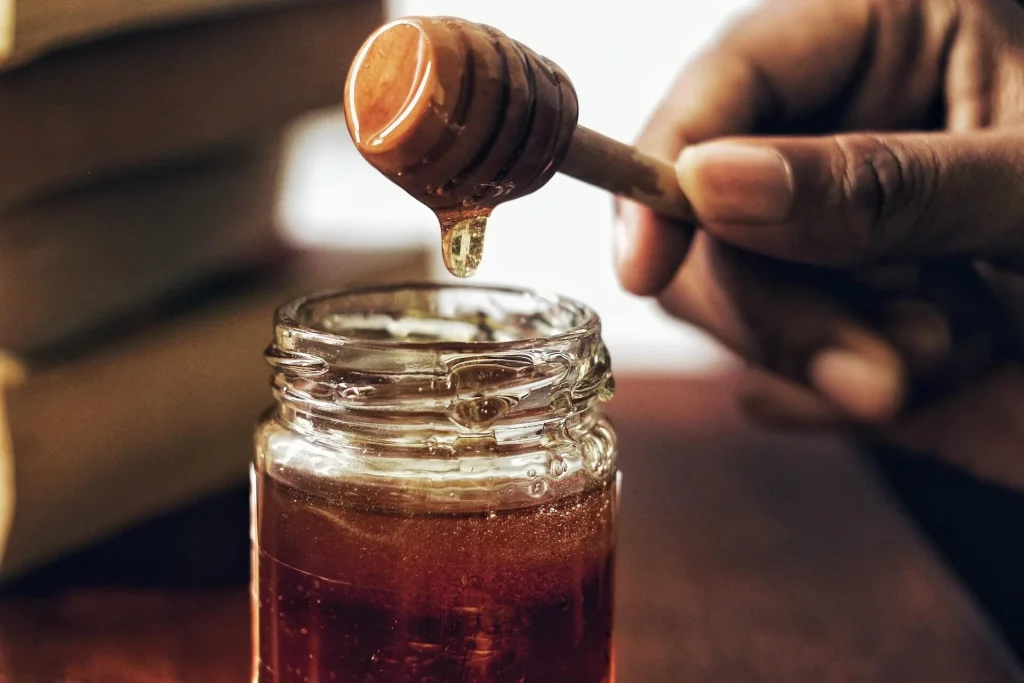
Honey is a sticky, golden liquid that honeybees generate. It is rich in plant chemicals that have anti-inflammatory and antioxidant properties, as well as trace levels of vitamins and minerals. Therefore, using honey to sweeten anyone’s beverages is healthier.
Both honey and sugar contain the sugars glucose and fructose, however, honey is also a good source of added vitamins and minerals including magnesium and potassium. In addition, honey components like honey polyphenols may also help with reducing inflammatory responses in the body, which is why honey is healthier than normal sugar. Nonetheless, a variety of elements, such as the kind of bee that made the honey and the kind of flower the bee was eating, affect the kinds of plant compounds that are present in honey.
Read more: Infused Water Ideas You Can Do in Your Home


